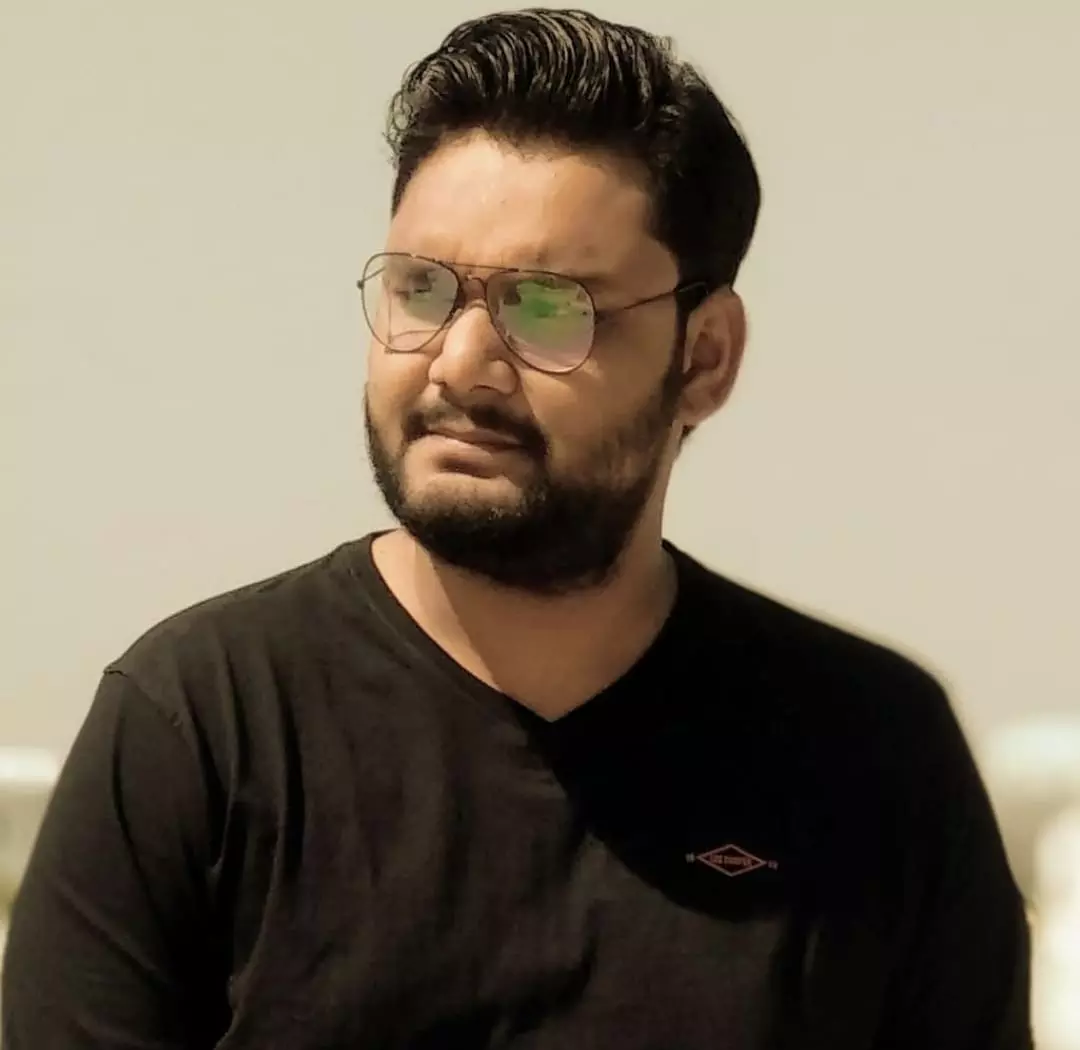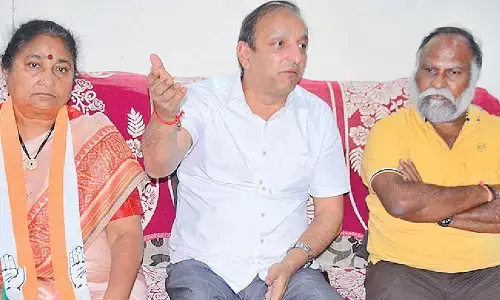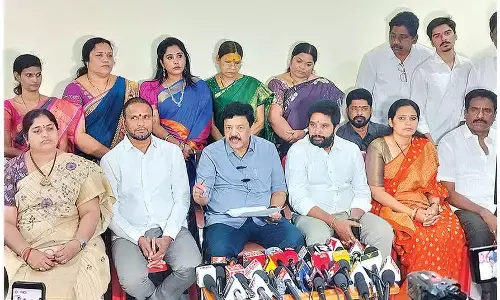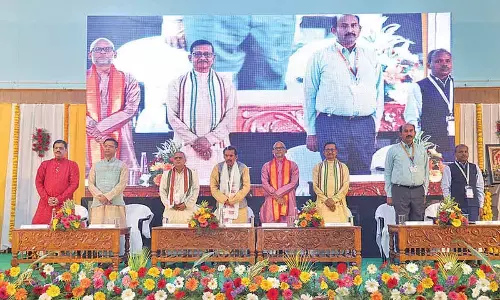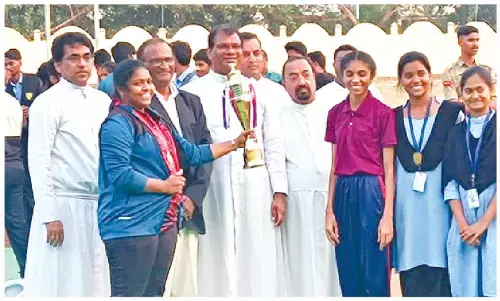Aatishkumar Dhami: Revolutionizing AI and Software Engineering through Innovation
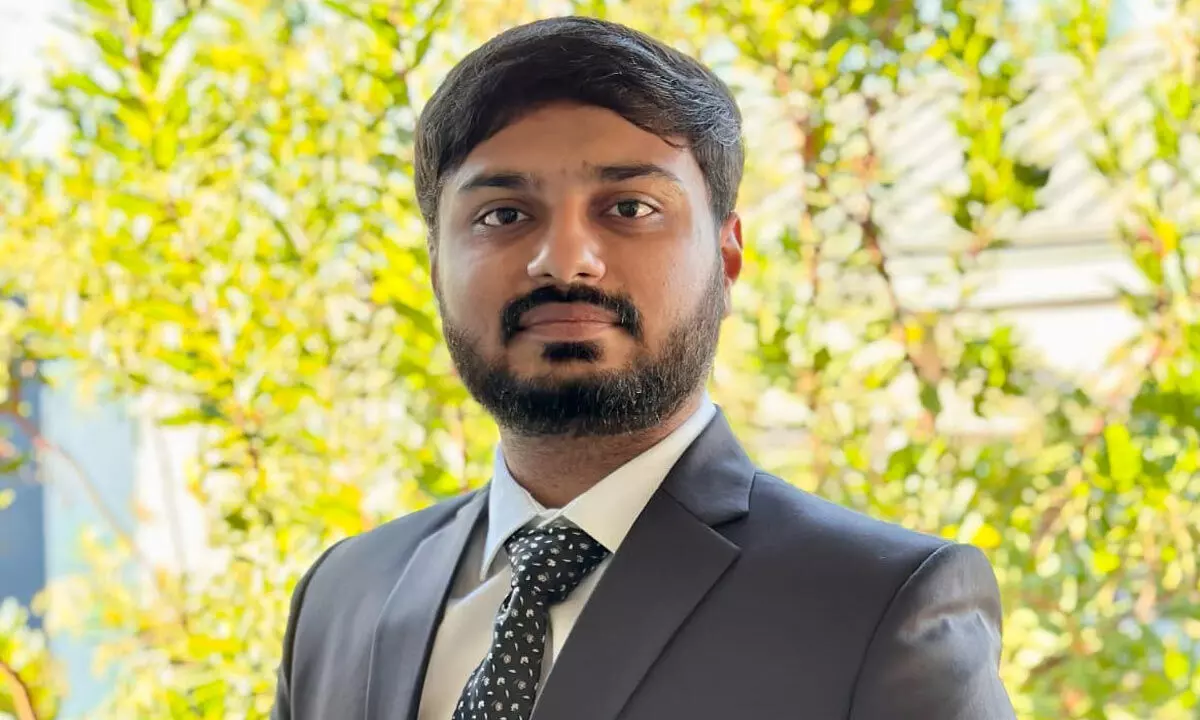
Aatishkumar Dhami, a distinguished software engineer and AI specialist based in Austin, Texas, has made a mark in the tech world with his cutting-edge work in artificial intelligence and software development
Aatishkumar Dhami, a distinguished software engineer and AI specialist based in Austin, Texas, has made a mark in the tech world with his cutting-edge work in artificial intelligence and software development. With a Master’s in Computer Science from California State University, Long Beach, and a background in Computer Engineering from Gujarat Technological University, Aatish combines academic excellence with hands-on expertise. We sat down with him to understand his approach to software engineering, AI innovation, and his vision for the future of technology.
You have a strong academic background and practical expertise. What initially sparked your interest in software engineering and AI?
I’ve always been intrigued by how technology can solve real-world problems. During my time at Gujarat Technological University, I was fascinated by the applications of computer science in various fields. This interest only grew during my Master’s program at California State University. AI, in particular, stood out to me as a transformative force. It blends problem-solving with creativity, and I’ve always wanted to leverage AI to improve business processes and everyday lives.
How do you approach complex challenges in software development, particularly when it comes to AI integration?
My approach is methodical. I start by thoroughly understanding the business requirements. From there, I design AI-enhanced solutions that are not just technically robust but also scalable. I break down the problem into manageable components and use AI models where they can add the most value. Whether it's automating video production or optimizing database management, I focus on systems that solve problems efficiently and practically.
Could you share an example of how your work in AI has driven efficiency improvements?
One of the projects I'm particularly proud of is a video production automation system I developed. This system reduced production time by 90%. I achieved this by integrating AI-driven tools for editing and content curation, automating processes that were previously done manually. Another example is an AI-powered monitoring system I built, which achieved 99.9% uptime across a large platform. These are just a few examples of how AI can be used to drive massive efficiency gains.
What key metrics do you use to measure the success of a project?
I focus on concrete metrics such as efficiency gains, cost reductions, and system performance. For instance, reducing production time by 90% or achieving near-perfect system uptime are tangible results that demonstrate the effectiveness of a solution. Additionally, the user adoption rate and the long-term scalability of the system are critical measures of success.
You work with a wide variety of technologies. How do you stay updated in such a fast-paced industry?
Staying current is a constant challenge in this field, but it’s also part of the excitement. I make it a habit to engage with cutting-edge research and attend industry conferences. I also experiment with new technologies and tools, applying them in real-world scenarios to see how they can improve existing solutions. Technologies like Python, React, Node.js, and AWS are part of my everyday toolkit, and I’m always learning and adapting.
What do you see as the future of AI in software development?
I believe the future is in the convergence of AI and traditional software engineering. We're moving towards systems where AI can automate increasingly complex processes, particularly in fields like video production, process automation, and data analysis. I’m excited to see how AI will further shape industries like healthcare, finance, and entertainment. It’s all about finding new ways to combine the power of AI with human expertise to solve real-world challenges.
Finally, what advice would you give to aspiring software engineers and AI specialists?
My advice would be to never stop learning and experimenting. The field of AI and software engineering is constantly evolving, and those who succeed are the ones who can adapt quickly and think creatively. Don’t be afraid to take on big challenges and always focus on solving real-world problems. The tools and technologies are always changing, but the ability to think critically and innovate will always be your greatest asset.

